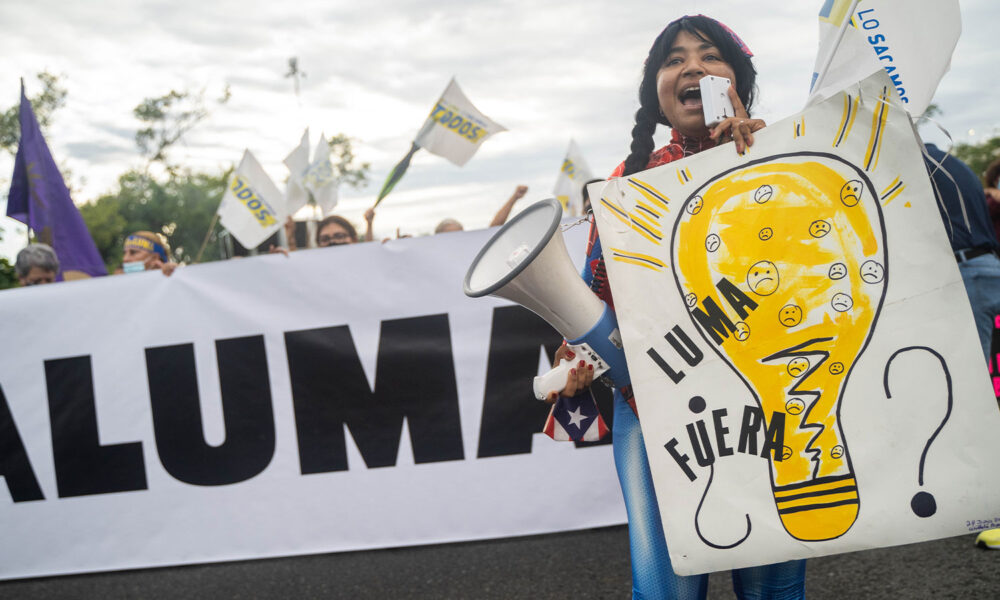 Angel Valentin/Getty Images
Angel Valentin/Getty Images
Puerto Rico
 Angel Valentin/Getty Images
Angel Valentin/Getty Images
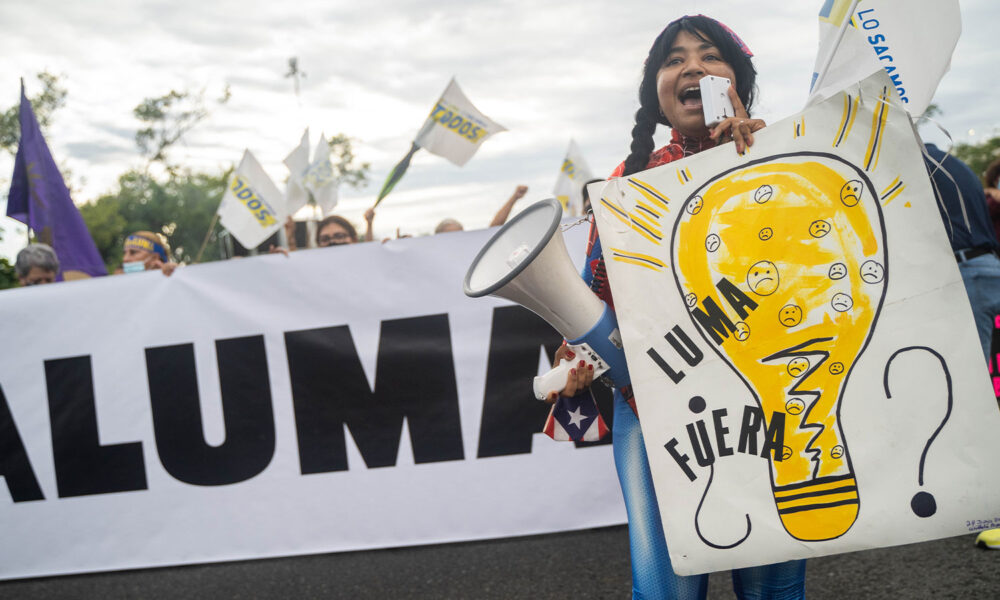 Angel Valentin/Getty Images
Angel Valentin/Getty Images
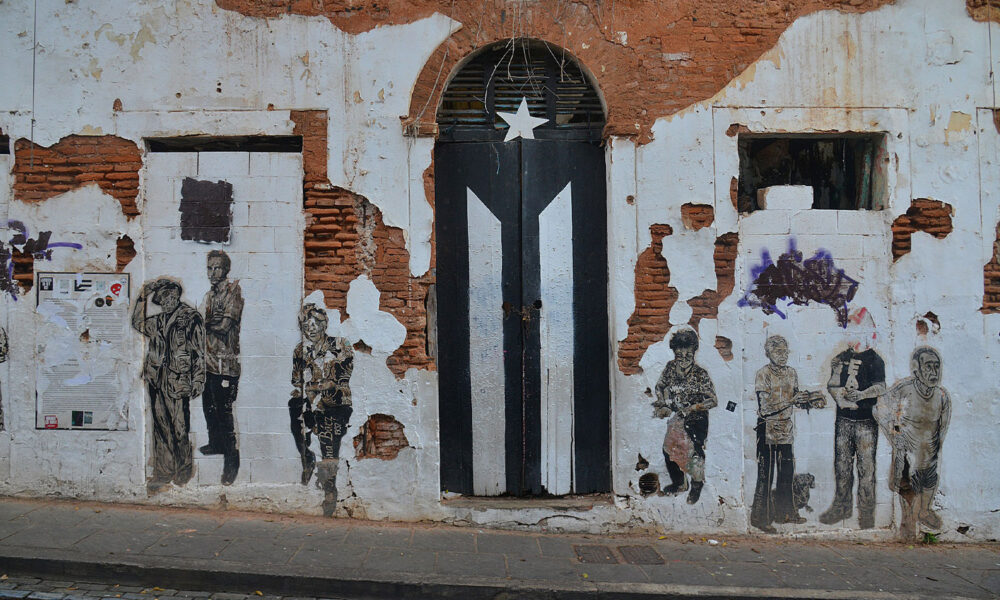 G. Edward Johnson/CC by 4.0
G. Edward Johnson/CC by 4.0
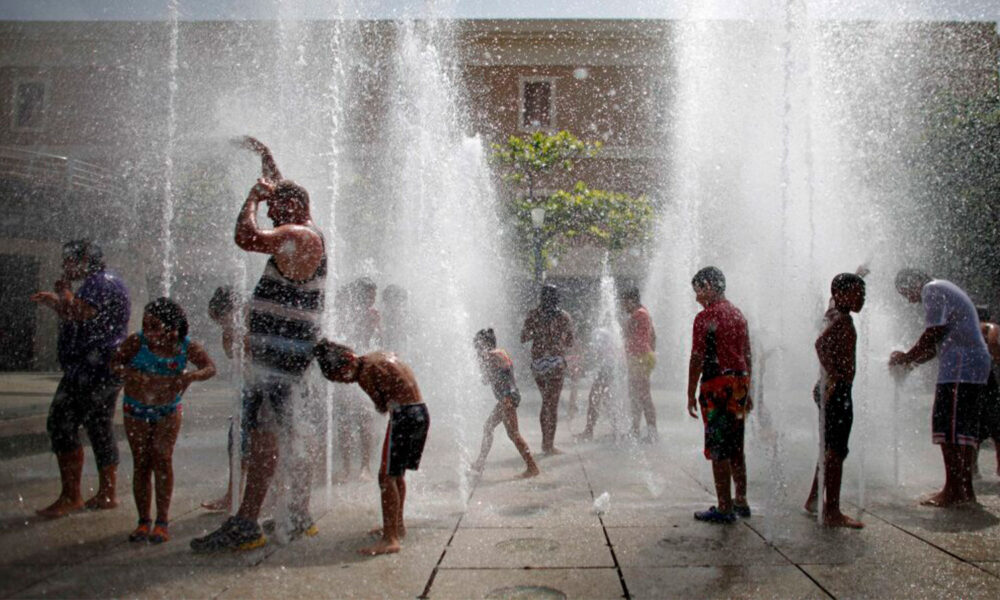 Ricardo Arduengo/AP
Ricardo Arduengo/AP
 Jon Tyson/Unsplash
Jon Tyson/Unsplash
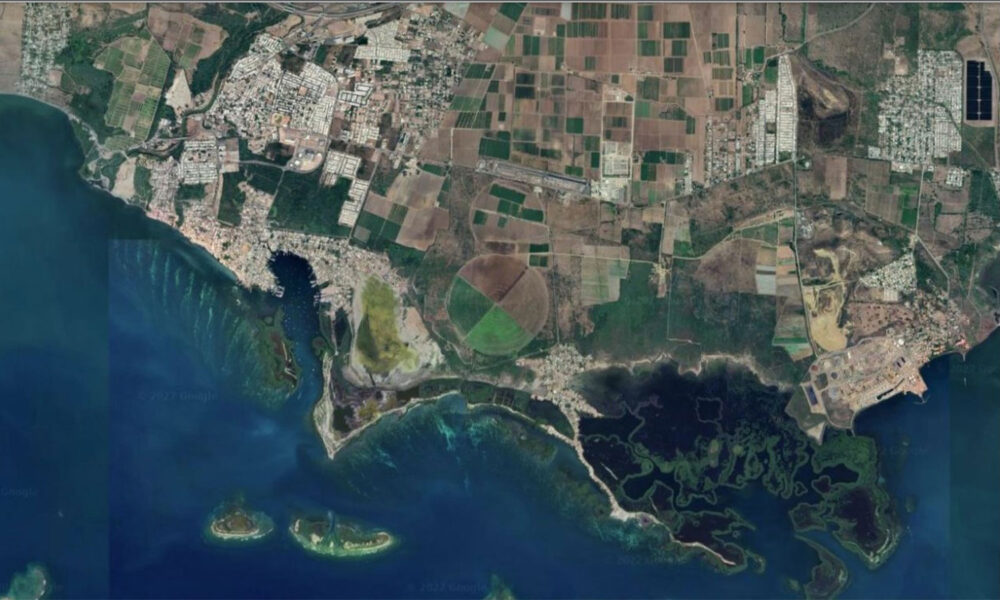 EPA
EPA
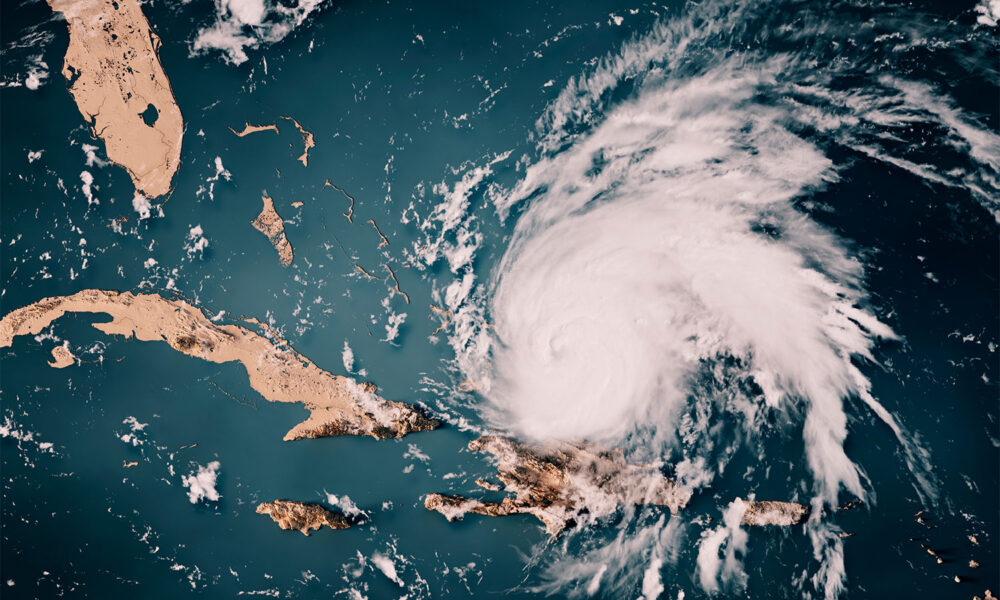 FrankRamspott/iStock/NASA
FrankRamspott/iStock/NASA
 NASA
NASA
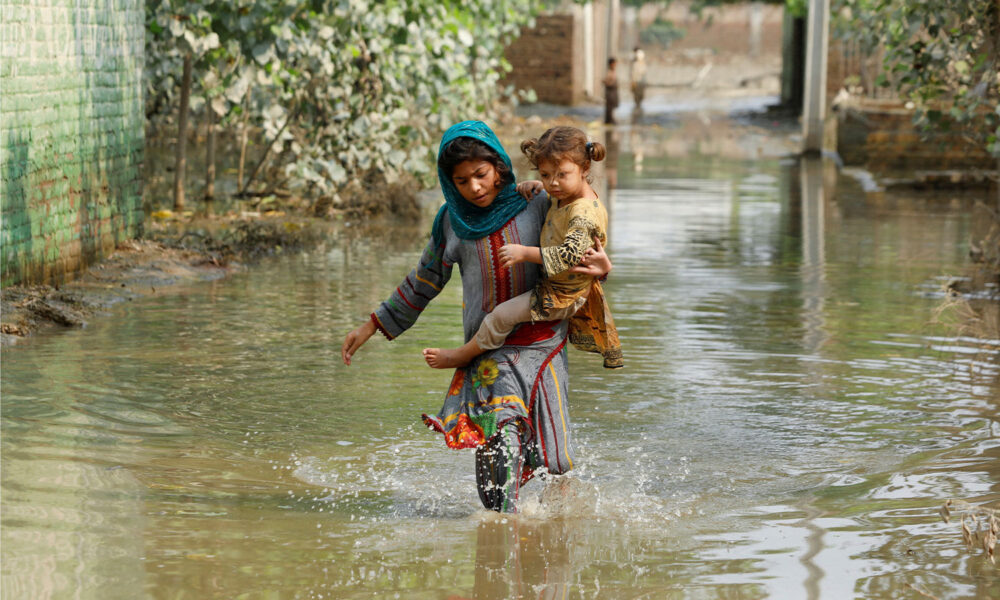 Reuters/Fayaz Aziz
Reuters/Fayaz Aziz
 Lorie Shaull/CC by 2.0
Lorie Shaull/CC by 2.0
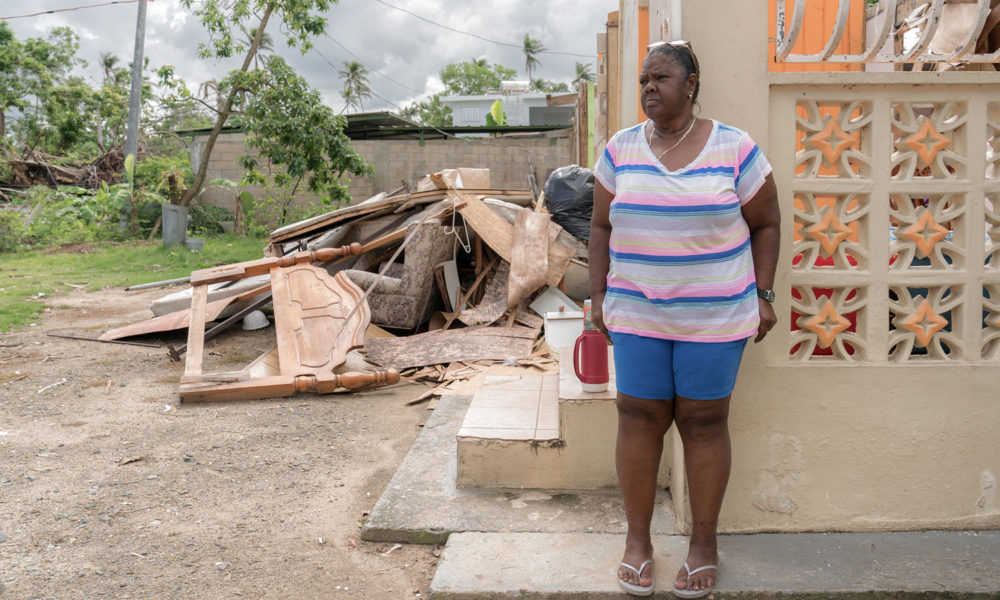 A woman at her damaged home in Loíza, Puerto Rico. Lorie Shaull/CC BY 2.0
A woman at her damaged home in Loíza, Puerto Rico. Lorie Shaull/CC BY 2.0
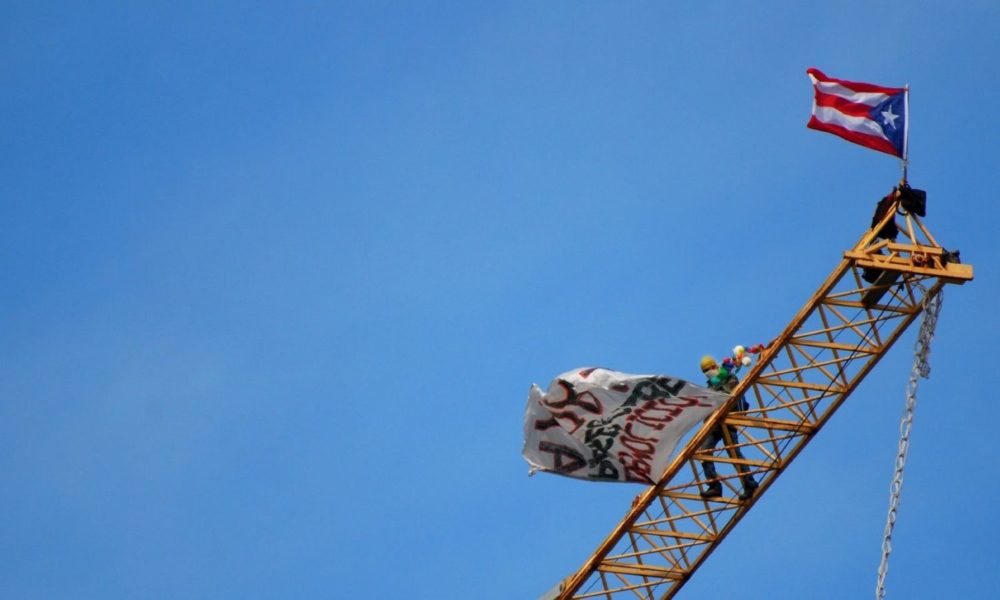 yasmapaz & ace_heart/Flickr
yasmapaz & ace_heart/Flickr
 Sara López
Sara López
 FURIA, Inc.
FURIA, Inc.
 FURIA, Inc.
FURIA, Inc.
 Juan Declet-Barreto
Juan Declet-Barreto
 Inside the platform of the massive Arecibo Radio Telescope, once the largest radio telescope in the world. Arecibo Observatory/Paulo Friere
Inside the platform of the massive Arecibo Radio Telescope, once the largest radio telescope in the world. Arecibo Observatory/Paulo Friere
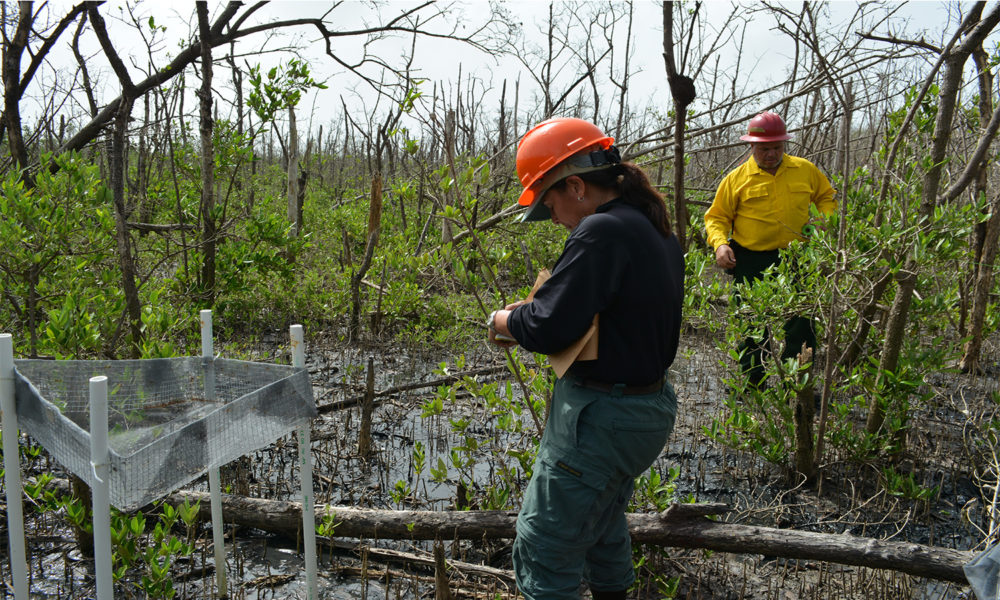 Forest Service photo by Grizelle González
Forest Service photo by Grizelle González
 Paddy O Sullivan/Unsplash
Paddy O Sullivan/Unsplash
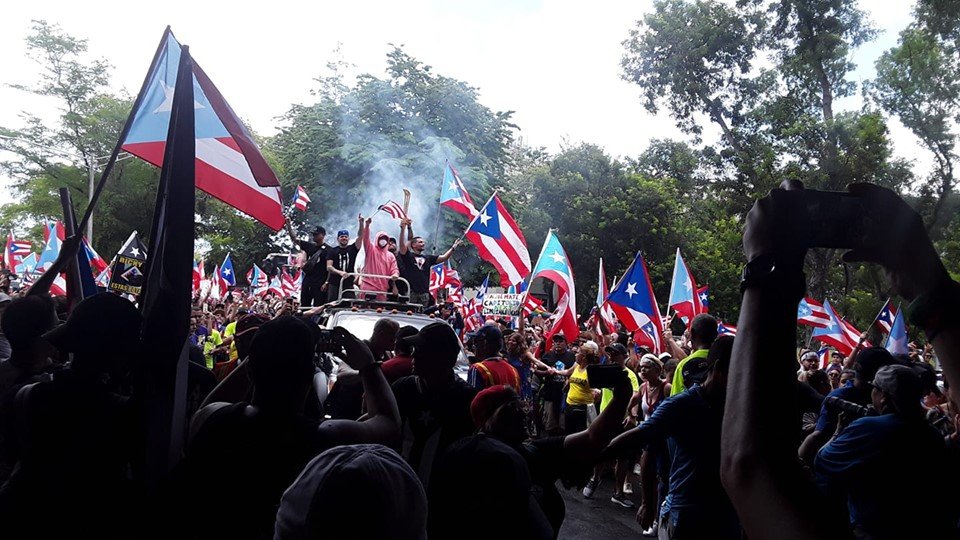 By Daryana Rivera - Photograph, CC BY-SA 4.0
By Daryana Rivera - Photograph, CC BY-SA 4.0
 Jose Jimenez Tirado / Getty Images file
Jose Jimenez Tirado / Getty Images file
 Jose Jimenez Tirado / Getty Images file
Jose Jimenez Tirado / Getty Images file
 Puerto Rico Capitol Building. Photo credit Wikipedia
Puerto Rico Capitol Building. Photo credit Wikipedia
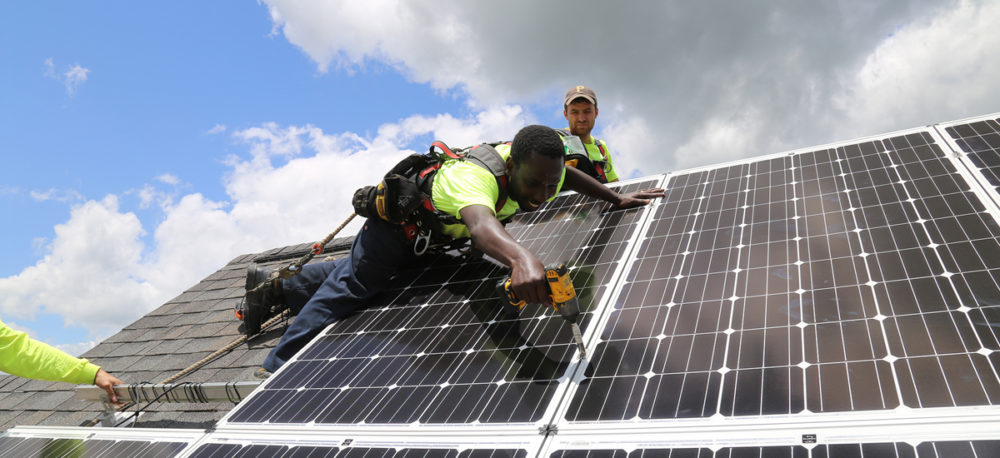 Publicsource.org
Publicsource.org